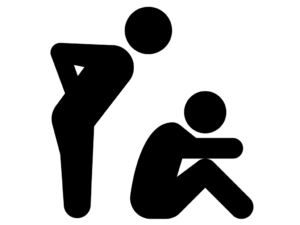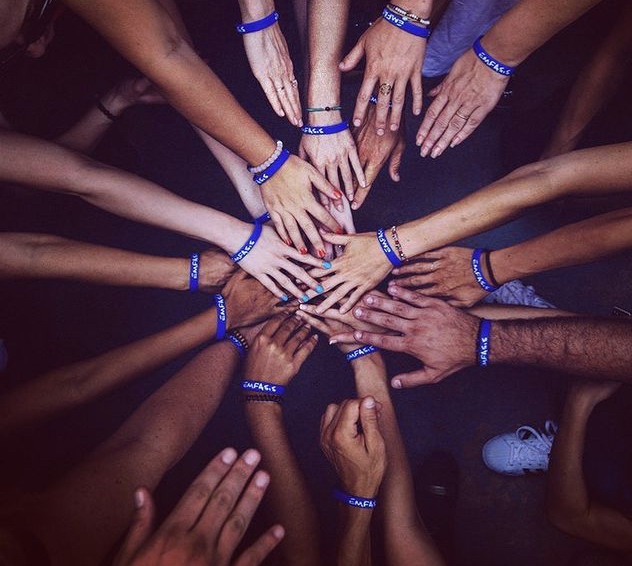Isn’t it interesting how we often correct, reprimand, criticize etc. with the goal of improving someone’s behaviour!
How do you feel after you’ve been criticized?
Naturally, we feel attacked and defensive which activates our fight, flight or freeze response. Being criticized doesn’t create a feeling of trust and leads to us shielding our vulnerable side. Over time, this decreases self-esteem and can erode one’s spirit. Others may try to over-achieve in hopes of some kind of positive recognition, but it all comes with a cost. The “over-achiever” now grows up believing that over-achieving is the norm and therefore expects everyone around him/her to also be over-achieving.
What Is The Answer?
Criticism Makes Us Small, Encouragement Makes Us Big
~ Jim Skinner, Executive Director of The Adler Centre, Vancouver, BC
When I heard Jim say this quote, at his presentation on Anxiety, it created such a powerful visual in my mind. Especially for highly sensitive individuals, criticism makes one want to recoil into a ball and hide.
On the other hand, encouragement feeds the soul.
A Child Needs Encouragement, Like A Plant Needs Water
~ Rudolph Dreikurs (a student of Alfred Adler)
With encouragement, a child feels trust, love and support. Encouragement fills up a child’s “emotional bank account”. We need more deposits than withdrawals.
However, encouragement is different from praise and it’s important to understand the distinction.
A Summary of Carol Dweck’s Research on Praise vs. Encouragement with four hundred, 10 year olds
Dr. Carol Dweck, is one of the leaders in the field for studying the effects of praise. Dweck and her team conducted one of their studies with a group of four hundred 10 year olds.
The children were pulled out of their class one-by-one to complete a series of fairly easy puzzles.
Half of the students received a single line of praise of their intelligence: “You must be smart at this.” The other half were responded to with encouragement (Carol Dweck calls encouragement – “praising effort”): “You must have worked really hard.”
Then the students were given a choice for the next round. They could try a test that would be more difficult than the first but they’d learn a lot from trying it, or they could take another easy test, like the first one.
The results: 90% of the children who received a single line of encouragement on the first test, chose to take the harder test in the second round. Whereas, the majority of children who received a single line of praise on the first test, chose to take the other easy test in the second round!
When we praise children for their intelligence, we tell them that this is the name of the game: look smart, don’t risk making mistakes.
~ Carol Dweck
Then..the same group of children were tested again and this time they were not given a choice as to which test they could take. This time, they were purposely giving a very difficult test, for students two years beyond their age.
The students all failed BUT the ones who had been ENCOURAGED, assumed they hadn’t focused hard enough and enjoyed the challenge of the puzzle. However, the students who had been praised, assumed that the failure proved that they weren’t smart after all.
Finally, all the students were given one last test…as easy as the very first one.
However, this time the students who had been praised did 20% worse than they did in the first round and those who who had been ENCOURAGED improved significantly – an approximate 30% improvement from their first test! This research epitomizes the meaning of fixed mindset vs. growth mindset.
Isn’t this fascinating?!
I have also heard stories first hand from teens, who got straight As in elementary school and received so much praise from their parents that they felt they were only valued for their letter grades. Thus, by the time they became teenagers, they decided to rebel and not care about their marks and now see how much their parents valued them! Of course, as parents, we all know that we still value our children know matter what, but to the teenagers, they don’t necessarily believe it and will sometimes go to extremes to test out their hypothesis.
I hope this research and anecdotal story will encourage you to focus on ENCOURAGING your child not praise! What is the difference between encouragement language and praise language? Head over to my previous article, on encouragement vs. praise where you can also download a pdf list of encouragement phrases.
Warmly,
Want to Connect?
Subscribe now to receive free weekly parenting tips and inspiration.








